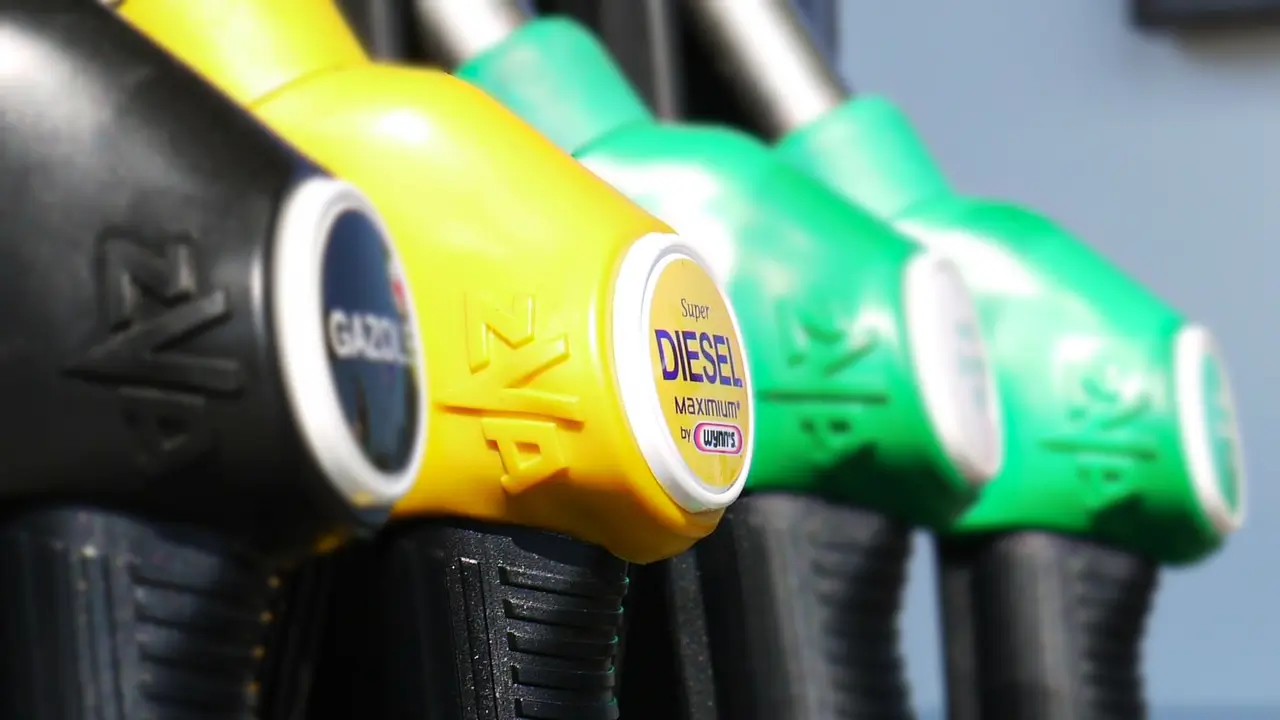The adoption of diesel vehicles in the automotive industry has dropped drastically in the past few years. Diesel automobiles once celebrated for their fuel efficiency and ability to cover greater distances are now bracing for a more than twofold collapse in demand from consumers. Several things are driving this move like tougher environmental regulations and progress in electric and hybrid technology consumer preferences that are changing and cost increases tied to diesel engines.
Across the globe, governments have put in place stiff environmental standards to help curb greenhouse gas emissions and reduce air pollution. Diesel passenger cars which under normal conditions emit more Box and PM than gasoline engines have been a special focus. And it did
not help matters that the 2015 Volkswagen emissions scandal or Diesel Gate as it would come to be known added fuel to the scrutiny fire surrounding diesel vehicles. Many governments have since enacted stricter emissions standards and even introduced bans or tight restrictions on diesel cars
in the largest cities. Many cities including London Paris and Madrid have created low-emission zones that impose fines or outright bans on older diesel vehicles.
The Rise of Electric and Hybrid Vehicles
EV and hybrid technology have made serious advancements in a short period of time which aids in the death of diesel cars. As automakers spend billions on electrification there are better choices than ever for green economical options.
Improved battery technology is enabling electric vehicles to go further per charge and charge more quickly . Moreover, subsidies and tax breaks have also helped to make EVs more affordable. Another appealing alternative to diesel is the hybrid vehicle which utilizes the internal combustion engine in conjunction with electric propulsion for greater fuel efficiency without the high emissions.
Increased Ownership Costs and Maintenance
Owing to stricter emissions regulations and the scrap page of older models, diesel cars have become costly to own . Diesel particulate filters DPs need to be serviced at regular intervals and they can be expensive to replace if they become filthy. On top of that diesel fuel itself became pricier in some areas, chipping away at the financial benefit diesel offered over gasoline vehicles.
Insurance premiums for diesel cars have also increased as their residual values have fallen and replacement units for modern diesel engines are expensive. Additionally, as interest has diminished diesel cars have depreciated more than gasoline-powered models leaving them less appealing to prospective new owners.
Consumer Shift in Preferences
Many modern consumers are increasingly aware of their environmental impact and are looking for greener options. The growing awareness of climate change and pollution has led many to choose vehicles with lower emissions and improved sustainability credentials. In response, automakers are focusing on hybrid and electric models over diesel models as they are coming out. In addition, diesels have historically been favored in commercial applications like trucks or fleet vehicles not cars for your average consumer. Perhaps this perception combined with high gas prices has led many consumers to favor gasoline hybrid and electric power trains, especially in urban areas where air quality is top of mind.
- Nearly 30% of UK Drivers Believe Car Tax Should Be Based on Mileage — Survey
- Why Planes and Boats Escaped the Luxury Tax But Cars Didn’t
- Australia’s Headlight Confusion: Authorities Warn Drivers After Viral $250 Headlight Rule Goes Wild Online
- 2025 Hyundai Venue Facelift Launched in India – Full Details, Variants, and Price
- Royal Enfield Bullet 650 Unveiled at EICMA 2025: A Classic Legend Returns
Declining Diesel Infrastructure and Support
As governments and manufacturers concentrate on electrification investment in diesel infrastructure, including fueling stations and maintenance services, has fallen. Some jurisdictions have implemented policies to fundamentally phase out diesel vehicles which discourages new buyers even more. A good example of such a tactic is evident in several European countries that have announced plans to ban the sale of diesel and gasoline vehicles within a matter of a couple of decades France Germany and the UK.
Conclusion
Diesel cars are doomed because of environmental concerns increasingly stringent regulations breaking through in alternative technologies and changing consumer preferences. Diesel engines once dominated for efficiency and long range but the game has changed. Transportation’s future is heading to a charge so as EV infrastructure grows diesel vehicles are predicted to become even more anachronistic.
